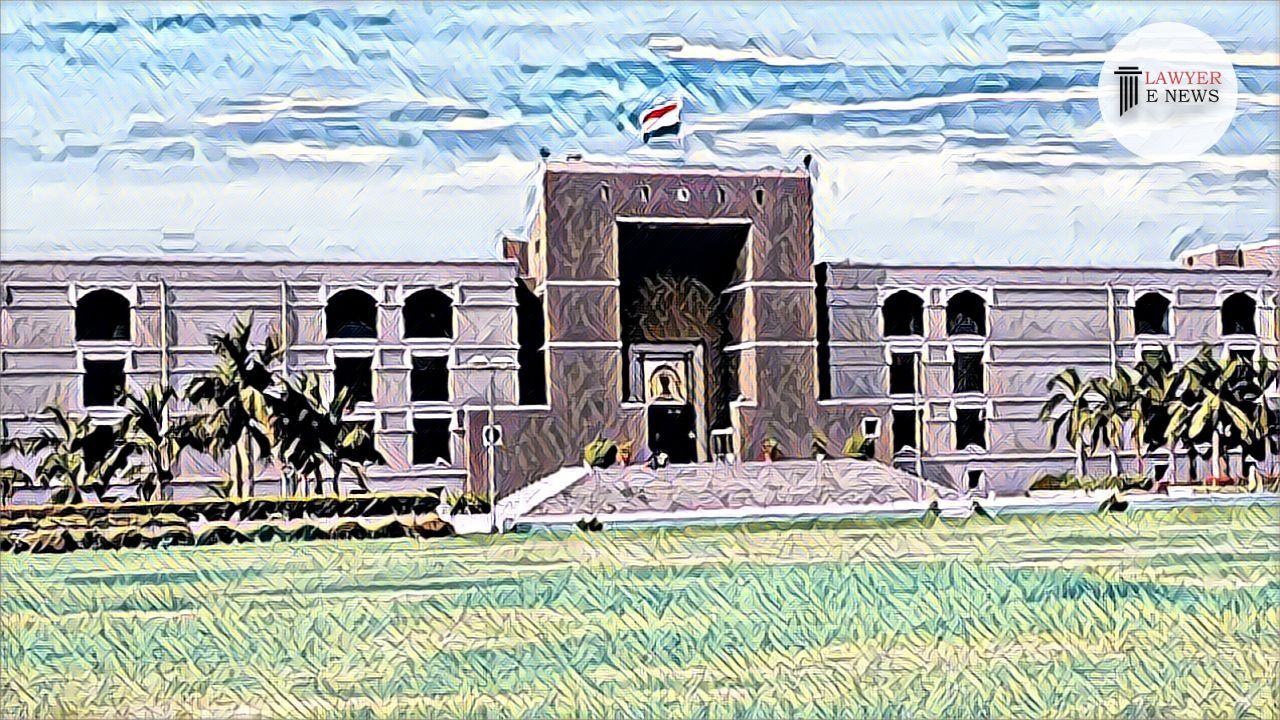-
by Admin
15 February 2026 2:36 AM



Gujarat High Court upholds acquittal in corruption case, highlighting significant inconsistencies in the prosecution's evidence and key witness statements.
The Gujarat High Court has upheld the acquittal of Ramanbhai Bhenkabhai Patel in a corruption case, affirming the judgment of the Special Court, Navsari. The decision, rendered by Justice M. R. Mengdey, emphasized significant contradictions in the prosecution's evidence and witness testimonies. The appeal was initially filed by the State challenging the Special Court's decision to acquit the accused under various sections of the Prevention of Corruption Act, 1988, and the Indian Penal Code.
The case arose when the first informant, a shop owner, reported that police officials, including PSI Mr. Suthar and Ramanbhai Bhenkabhai Patel, accused him of dealing in molasses used for producing illicit liquor. To avoid charges, the officials allegedly demanded a bribe, initially set at Rs. 15,000 and later reduced to Rs. 7,000. The informant ultimately agreed to pay Rs. 4,500 but reported the demand to the Anti-Corruption Bureau (ACB), leading to a sting operation and the subsequent trial.
The key factor in the High Court's decision was the testimony of the first informant, Manjibhai Shivjibhai. He stated in his deposition that PSI Mr. Suthar, not the respondent Ramanbhai Patel, demanded the bribe and accepted it through a third party, Mr. Lilachand. This testimony contradicted the prosecution's claim that Ramanbhai Patel accepted the bribe.
"The amount of illegal gratification was never demanded by Ramanbhai and Dhansukhbhai, that is respondent Nos.1 and 2. The present respondents had never demanded any amount of illegal gratification from him nor he had paid any such amount to any of the present respondents," the informant testified, casting doubt on the prosecution's case.
The court underscored the principle that interference with an acquittal requires substantial evidence of error in the trial court's judgment. The High Court reiterated that the trial court's view must be a possible one, even if another interpretation is conceivable.
The court noted that the alleged recovery of the bribe from a tea stall, rather than directly from the respondent, further weakened the prosecution's case. The inconsistencies in the location and manner of the bribe's acceptance underscored the lack of reliable evidence against the respondent.
"There are material contradictions in the case of prosecution as well as in the evidence adduced on record by prosecution, so far as the demand and acceptance of amount of illegal gratification is concerned," Justice Mengdey stated, highlighting the prosecution's failure to present a coherent case.
The High Court's affirmation of the Special Court's acquittal in this corruption case underscores the judiciary's rigorous standards for overturning acquittals. The judgment emphasizes the importance of consistent and reliable witness testimonies and the necessity of clear evidence in corruption cases. This decision is likely to influence future cases, reinforcing the need for substantial proof to support allegations of bribery and corruption.
Date of Decision: May 29, 2024
State of Gujarat vs. Ramanbhai Bhenkabhai Patel & Anr.
